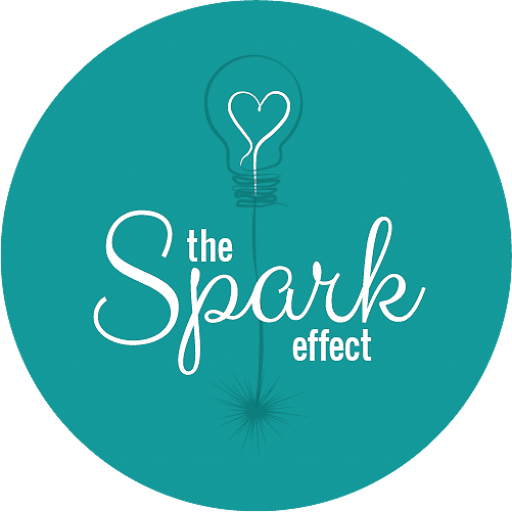Do you approach your challenges with optimism and creativity or do you become overwhelmed and stuck in your problems?
You can begin to develop more resilience, mastery and happiness in your life by shifting how your brain conceptualises and responds to challenges. By focusing on solutions and not problems you will discover how you can keep moving forward to achieve the things that truly matter to you.
Shifting Perspectives and Seeing Opportunities
No-one’s life is without challenges and adversities and my life has been exactly the same. If you met me eight years ago, my life looked very different to what it does today.
Eight years ago I went from being fit and healthy, having just graduated with First Class Honours, to being diagnosed with Chronic Fatigue Syndrome as a result of serious burnout. I struggled to do most everyday things, including standing up long enough to have a shower.
I thought my recovery would take six months but it actually took seven years! I lost my job, my income and my independence. It was a tough time that required a lot of hope and resilience to rebuild my life and health.
In the first year of my diagnosis I struggled to effectively respond to my challenges because I was overwhelmed by how much I had lost. I was struggling to come to terms with how drastically my life had changed. My mind was definitely stuck focused on the problems I was facing.
I was only able to see a way through my challenges by shifting my focus away from my problems and limitations and towards what capacity I still had.
I knew that I was still capable of learning and writing from my bed for short periods of time, so I began researching everything I could about wellbeing, stress, the brain and neuroscience.
What a fascinating world it was! I started writing about what I was learning and going through personally and submitted my work to health and wellbeing magazines. From my bed I managed to kick off a new career as a freelance writer.
By focusing on what I could still do, I was able to transform my challenges into a wonderful opportunity to learn, grow and help others.
Choosing A Solution-Focused Mindset
So what can you do to shift into a solution-focused mindset when you face your own challenges?
The first step is to understand what is happening in your brain when you are faced with challenges. When we get stuck in our problems, our stress levels rise. Neuroscientist, Dr Sarah McKay says when our stress is high, our pre-frontal cortex goes “offline”. This part of our brain helps us to think critically and calmly about our challenges. Our pre-frontal cortex allows us to more effectively solve our problems, but it is compromised when we become highly stressed or anxious.
At the same time, the emotional part of our brain, our amygdala, has “fired up” and is keeping us in survival mode. The hyper-activation of this part of our brain focuses our attention on the risks and worst-case scenarios. This stops us from seeing the solutions and opportunities that exist in our challenges. Our amygdala can definitely keep us stuck and overwhelmed.
To shift from a problem-focused mindset to a solution-focused mindset we need to re-activate our pre-frontal cortex and calm down our amygdala. One way we can do that is by asking ourselves a series of questions that activate a more critical way of thinking which focuses our mind on solutions and not emotions.
These questions allow us to look at our challenges from a new perspective and can remind us of our own internal agency:
- What can I do in this situation?
– What skills, abilities and connections can I use to move forward?
- What are the hidden opportunities in this challenge?
– Amidst this challenge, what are the possible best-case scenarios?
- How can I re-frame this situation?
– What can be gained from this challenge?
Knowing how to shift your mindset when faced with life’s inevitable challenges will allow you to stay in control even when you are faced with change and uncertainty. I love the quote from tennis legend and author, Arthur Ashe, which says, “To achieve greatness, start where you are, use what you have, do what you can.”
To overcome your challenges, begin by focusing on what you can do, not on what you can’t. Challenge your brain to look for the hidden opportunities, keep moving forward and consciously choose a new way to “frame” your situation. Maybe like me, your greatest challenges will end up being your greatest teachers and you will look back on them with deep gratitude and respect.


